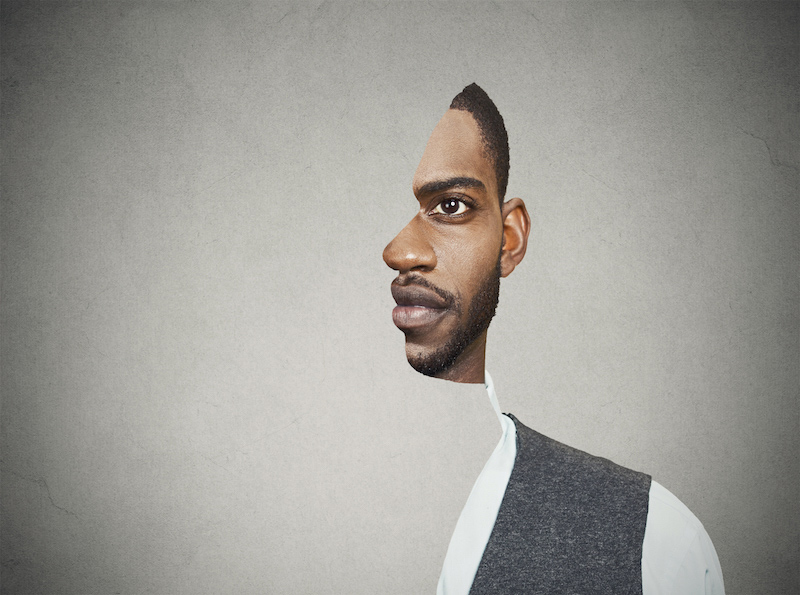
Age-related hearing loss, which concerns most adults sooner or later, will be lateral, that is, it affects both ears to a degree. As a result, the average person sees hearing loss as a binary — someone has healthy hearing in both ears or decreased hearing on both sides, but that ignores one particular kind of hearing loss completely.
A 1998 study thought that around 400,000 children had a unilateral hearing loss due to trauma or disease in the moment. It is safe to say this number has increased in that last two decades. The truth is single-sided hearing loss does occur and it brings with it complications.
What’s Single-Sided Hearing Loss and What Causes It?
As its name implies, single-sided hearing loss indicates a decrease in hearing just in one ear.In intense cases, deep deafness is potential.
Reasons for premature hearing loss differ. It can be the result of trauma, for example, someone standing next to a gun fire on the left might end up with profound or moderate hearing loss in that ear. A disease can lead to the problem, as well, for example:
- Acoustic neuroma
- Measles
- Waardenburg syndrome
- Meningitis
- Mastoiditis
- Mumps
- Microtia
Whatever the cause, a person who has unilateral hearing must adapt to a different method of processing audio.
Direction of the Sound
The mind utilizes the ears nearly just like a compass. It defines the direction of noise based on what ear registers it first and at the highest volume.
With the single-sided hearing loss, the noise will only come in one ear no matter what direction it comes from. If you have hearing in the left ear, your mind will turn to search for the noise even if the person talking is on the right.
Pause for a second and consider what that would be similar to. The audio would enter 1 side no matter where what direction it comes from. How would you know where a person talking to you personally is standing? Even if the hearing loss is not profound, sound management is catchy.
Honing in on Audio
The mind also employs the ears to filter out background noise. It tells one ear, the one nearest to the noise that you want to concentrate on, to listen for a voice. The other ear handles the background sounds. That is why in a noisy restaurant, you can still focus on the dialogue at the dining table.
When you don’t have that tool, the brain becomes confused. It’s unable to filter out background noises like a fan running, so that’s everything you hear.
The mind has a lot happening at any one time but having use of two ears allows it to multitask. That’s why you’re able to sit and examine your social media account while watching TV or having a conversation. With just one working ear, the mind loses the ability to do something while listening. It has to prioritize between what you hear and what you see, so you tend to miss out on the dialogue around you while you navigate your newsfeed.
The Head Shadow Effect
The head shadow effect describes how certain sounds are inaccessible to a person having a unilateral hearing loss. Low tones have extended frequencies so that they bend enough to wrap round the mind and reach the ear. High pitches have shorter wavelengths and do not endure the journey.
If you are standing next to a person with a high pitched voice, you might not understand what they say if you don’t turn so the good ear is on their side. On the flip side, you might hear someone with a deep voice just fine no matter what side they’re on because they produce longer sound waves that make it into either ear.
People with only slight hearing loss in only one ear tend to accommodate. They learn quickly to turn their head a certain way to listen to a friend speak, for instance. For people who struggle with single-sided hearing loss, a hearing aid might be work around that returns their lateral hearing to them.






